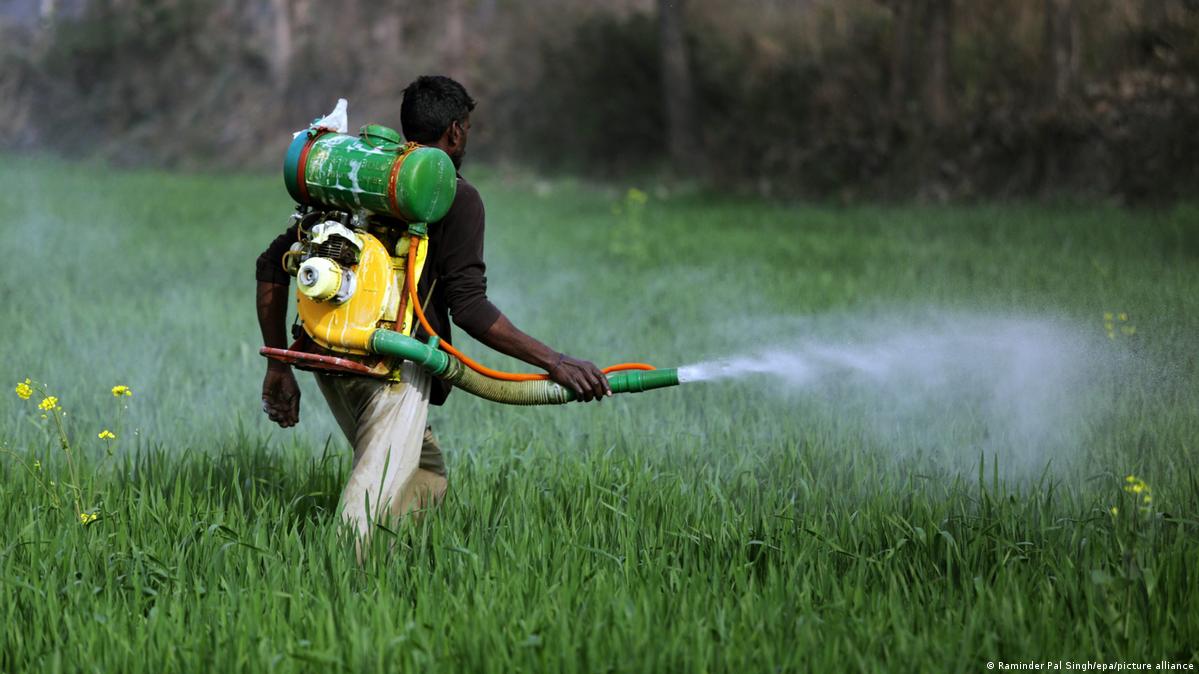Stakeholders have called on government at all levels to develop strategies to regulate the use of pesticides for food production, while lamenting losses incurred by farmers and exporters, running into several millions of naira yearly, as well as rejection of agricultural commodities in foreign countries.
They pointed out that about 60 per cent of all pesticides in use in the country are dangerous substances already banned or heavily restricted in European markets, adding that though several factors have been linked to the ugly development of incessant rejection, but pesticides abuse has been fingered as the majorly culprit.
The report by the Alliance for Action on Pesticide in Nigeria, based on studies conducted in Kano, Oyo, Ebonyi and Benue states, revealed that 65% of the registered pesticides in Nigeria have active ingredients that are highly hazardous to human and environmental health.
Agric. Minister Visits NIHORT, Distributes Seeds and Pesticides
The document of the study disclosed that 25 registered products in Nigerian have been proven carcinogenic, 63 to be mutagenic, 47 are endocrine-disrupting chemicals, 262 products show neurotoxicity and 224 show clear effects on reproduction.
The former National Public Relations Officer, Association of Organic Agriculture Practitioners of Nigeria (NOAN), Mr. Taiwo Oduola, noted that developed countries that initiated the use of the chemicals are now rejecting farm output produced with the use of agro-chemicals discovered by scientists to create toxic into the ecosystem.
FG Moves to Regulate Usage of Agro-Chemicals
“The implication of the banned chemicals goes beyond the consumption of farm produce. Whenever rain falls and washes the chemicals to any river, it will kill all the creatures in the water and whoever drinks the water might die of poisoning.
“An amendment of the NAFDAC act should give the agency power to immediately ban, suspend, revoke, and recall any registered pesticide product with an active ingredient proven to be highly hazardous to human lives, especially those banned internationally,” he said.



